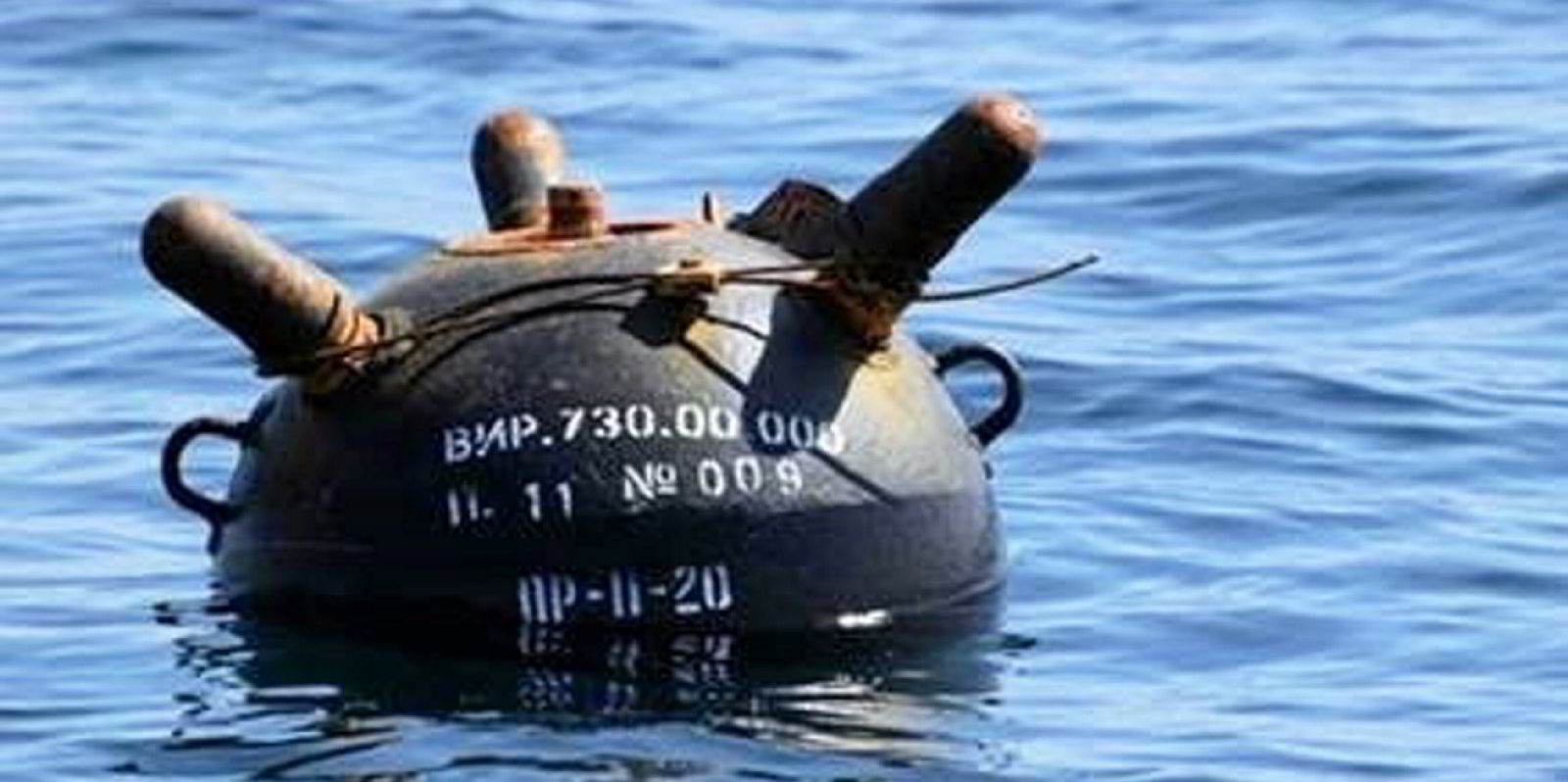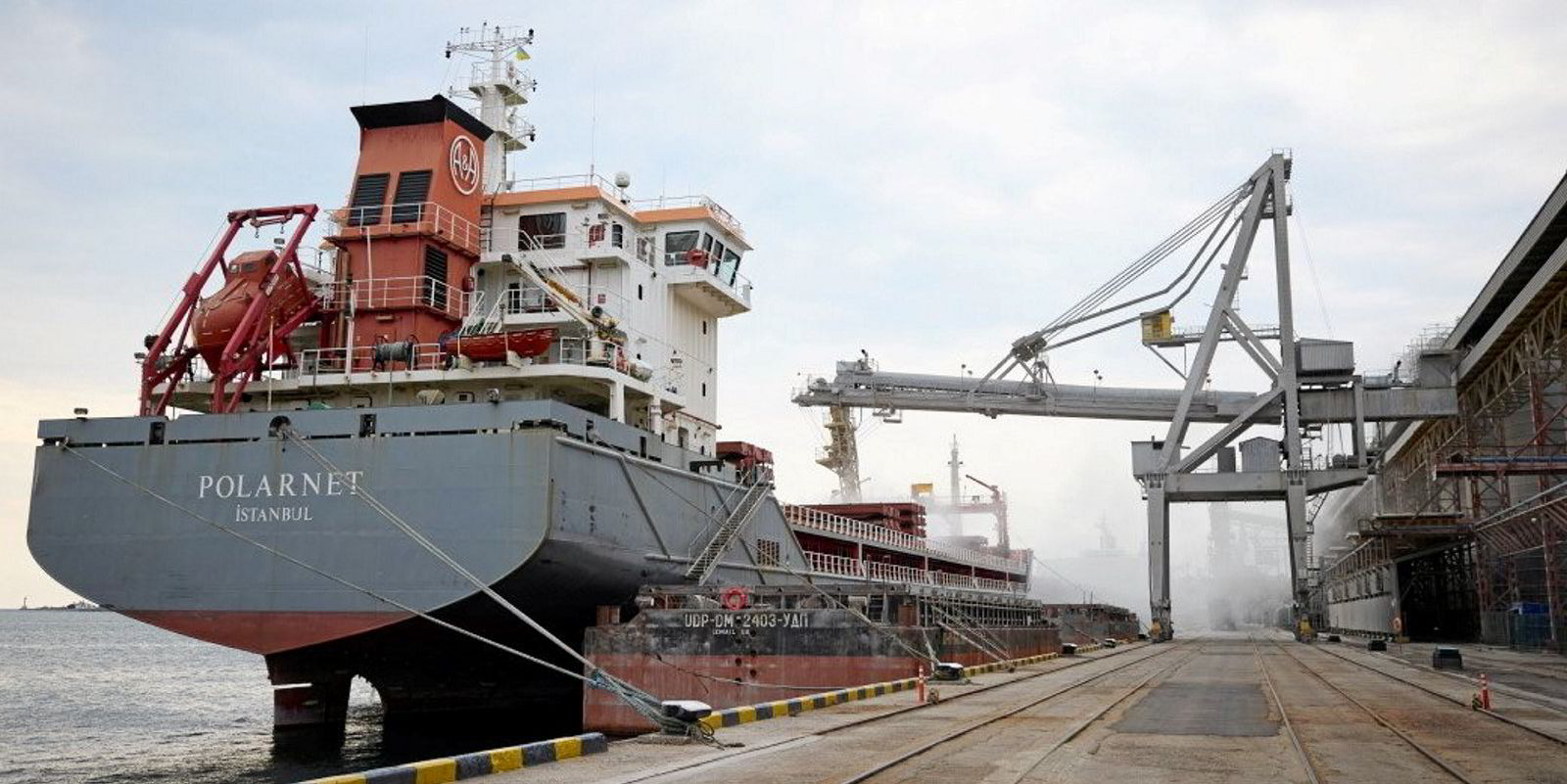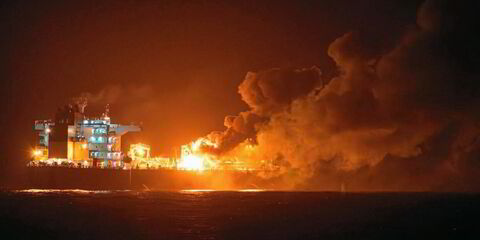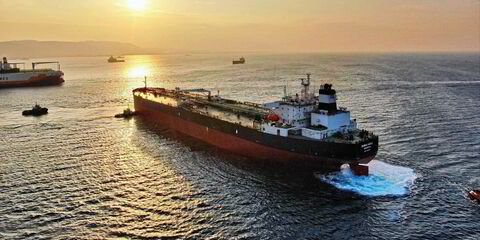The UK-based NATO Shipping Centre (NSC) is warning of a continued safety and security threat to shipping in the Black Sea despite the safe passage of hundreds of ships from Ukraine.
According to the United Nations, 222 ships so far have sailed in and out of Ukraine through a safe maritime corridor, as part of its humanitarian food programme.
Close to 5m metric tonnes of grain and other food stuffs have been exported without incident.
However, the safety risk in the area has been assessed as high, with war risk underwriters currently quoting a premium of around 1.25% to 1.5% of insured values for ships operating under the programme.
International Ship and Port Security (ISPS) Code security level 3 has been set in the region, indicating the highest level of risk.
Earlier this month, the NSC warned a number of drifting mines have been detected and deactivated by coastal authorities in the western Black Sea. It said there is also a threat in the south-western Black Sea, where mines have also been detected.
NSC said: “[It] strongly advises masters to take all precautions to mitigate the threat including avoiding floating objects, keep the forward area of the ship clear of crew, and using effective look-outs.
“Merchant vessels are also reminded to monitor the local authorities’ broadcasts for the latest navigational warnings.”
Transits out of Ukraine are currently taking place during daylight hours to maximise the ability of watchkeepers to spot mines.
The NSC said there is also a high risk of collateral damage to civilian shipping in the Black Sea and that there is an added risk of cyber attacks.
Spoofing and jamming
“The threat of GPS jamming, AIS spoofing, communications jamming, electronic interference and cyber-attacks in the area are also considered high,” the NSC said. “Harassment and diversion of shipping in the area cannot be excluded.”
Local protection and indemnity correspondents have also outlined the security threat. Local correspondent Sertilov Marine Consulting said military action in southern Ukraine continues and there is still a risk of floating mines in the north-west part of the Black Sea.
It said shelling and missile strikes in Odesa, Yuzhniy and Chornomorsk has reduced significantly in the last month.(Copyright)




